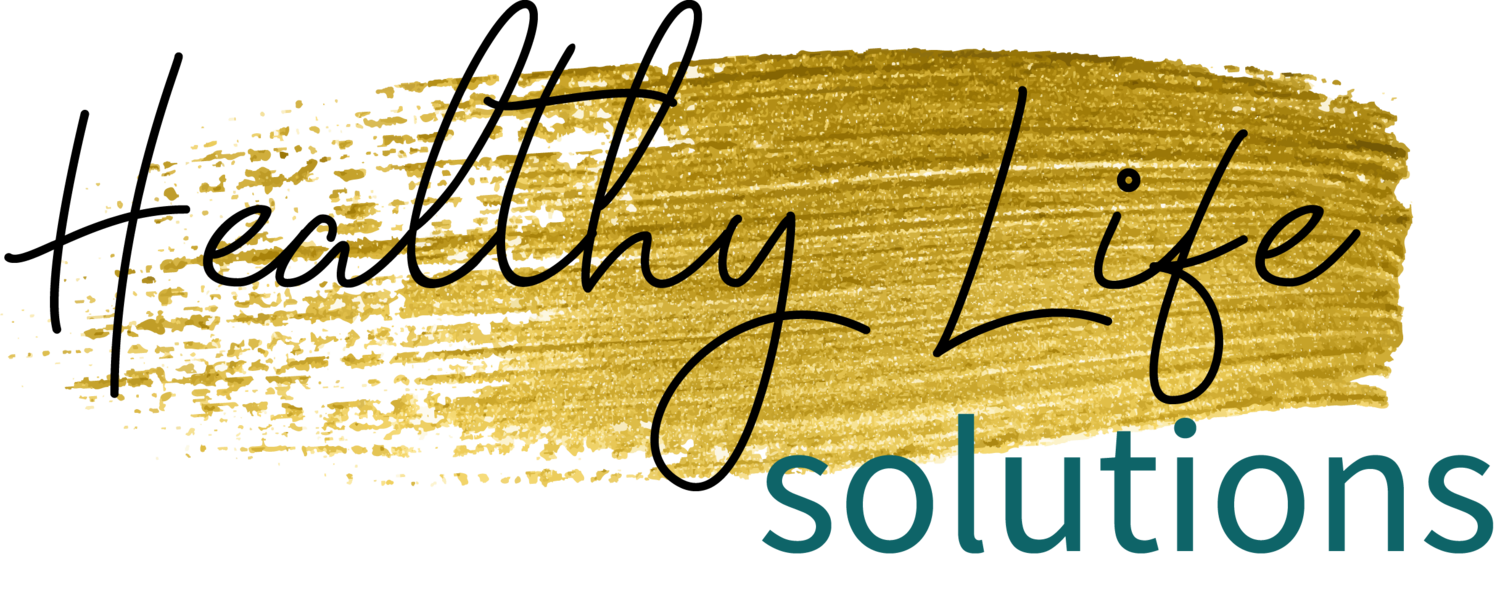Have you had a cup of tea today? Herbal teas are fantastic tonics for the body. They are one of the quickest and easiest ways to use herbal medicine, as there are no capsules to digest and the liquid quickly goes into the digestive system. A medicinal tea is made with one teaspoon dried herb, to one cup of boiling hot water, and steeped for 15 minutes. Drink a cup of herbal tea three times a day for a therapeutic dose. These are some of the most popular herbal teas you might want to try.
Dandelion, Taraxacum officinale: so popular that it needs no description…it is in every yard! Be careful to harvest where is has not been sprayed with herbicides. Dandelion contains: Vitamins A, B, C, D, iron, potassium, sodium, calcium, and electrolytes. The leaves are nutritious and the roots medicinal. Dandelion’s bitter leaves are diuretic, easing water retention and reducing blood pressure. It is the great detoxifier, cleansing the liver, kidneys, urinary system, and skin. Dandelion is useful for chronic conditions such as arthritis, removing the toxins from joints. It reduces the cell damage done by free radicals. Parts used: leaves and roots.
Coneflower, Echinacea angustifolia, purpurea, or pallida: native to North America, this perennial has large daisy-like flowers with a cone center. All three varieties stimulate the immune system, although the angustifolia is considered the most medicinal having the antibacterial echinacoside. Stimulating the production of white, ”killer” cells and regulates red blood cells, echinacea works on a cellular level to fight bacteria, viruses, fungus, and microbes. Echinacea is a lymph system cleanser, tumor inhibitor, blood cleanser and antiseptic. It removes toxins and fights infections. As an immune stimulant it should not be taken continuously, but only for short periods with a break…two weeks on with one week off. Nutritionally, Echinacea contains B vitamins, iron, calcium, selenium, and silica. Parts used: roots.
Ginkgo, Ginkgo biloba: the oldest known tree, it is in the fossil record along with the dinosaurs. Ginkgo has an amazing ability to withstand toxic environments and was the only living thing to survive the atomic blast at Hiroshima. It can grow 150 feet tall, or be trained as a bonsai tree. Ginkgo may be used to combat an allergic reaction. The tea makes an excellent throat spray for allergies or asthma. Ginkgo is respected for use in circulation problems, especially increasing circulation to the brain and extremities. It is high in antioxidants, which works especially to keep the heart free of deposits. Ginkgo soothes the arteries, steadies an irregular heartbeat, and helps to prevent strokes. Parts used: leaves.
Mullein, Verbascum thapus: native to North America, mullein is a tall biennial with wooly leaves and a spike of yellow flowers. Mullein is one of the greatest herbs for the respiratory system, helping the body to rid itself of mucus. The antibacterial flowers are used as an oil to soothe earaches. It is soothing and anti-inflammatory to the glandular system. Mullein has narcotic properties without being harmful. It is a great herbal pain killer, calming irritated nerves. Parts used: leaves and flowers.
Red Clover, Trifolium pratense: perennial, growing wild in North America and cultivated as a hay crop. Clover grows 1-2 feet tall, its green leaves having three leaflets with a distinctive V-shaped marking, and pink/purple glove-shaped flowers. It has a long history of use in respiratory infections, coughs, colds, and bronchitis. Red clover tea is known as a blood cleanser, helping persistent skin problems, eczema or psoriasis. It also makes an excellent wash for the eyes or skin. Red Clover has historically been used in cancer prevention formulas. It has phytoestrogens which may help to balance female hormonal issues. Parts used: flowers.
Red Raspberry, Rubus idaeus: native to Europe, it grows wild and is cultivated in North America. Raspberry leaves are very astringent, excellent as a treatment for diarrhea or vomiting. Raspberry tea is a wonderful herb for women, particularly in pregnancy to prevent miscarriage or uterine hemorrhage, and to tone the pelvic muscles. Raspberry has vitamins A, B-complex, C, E, calcium, niacin, iron, magnesium, potassium, selenium, and zinc. It is a great tea for children, helping with canker sores. Parts used: leaves and fruit.
Lisa Purdy is not a physician and all recommendations are not to be considered diagnosis or prescription. Any information is for educational purposes only.
You are responsible for your own health choices.

